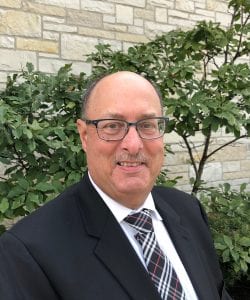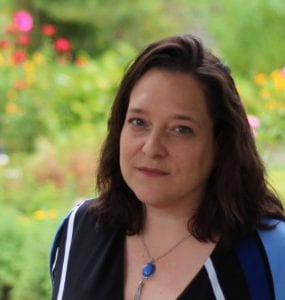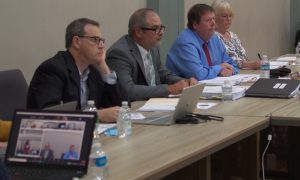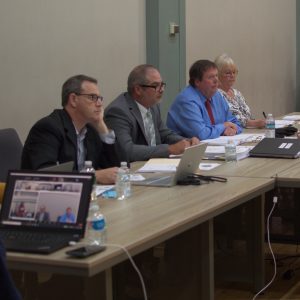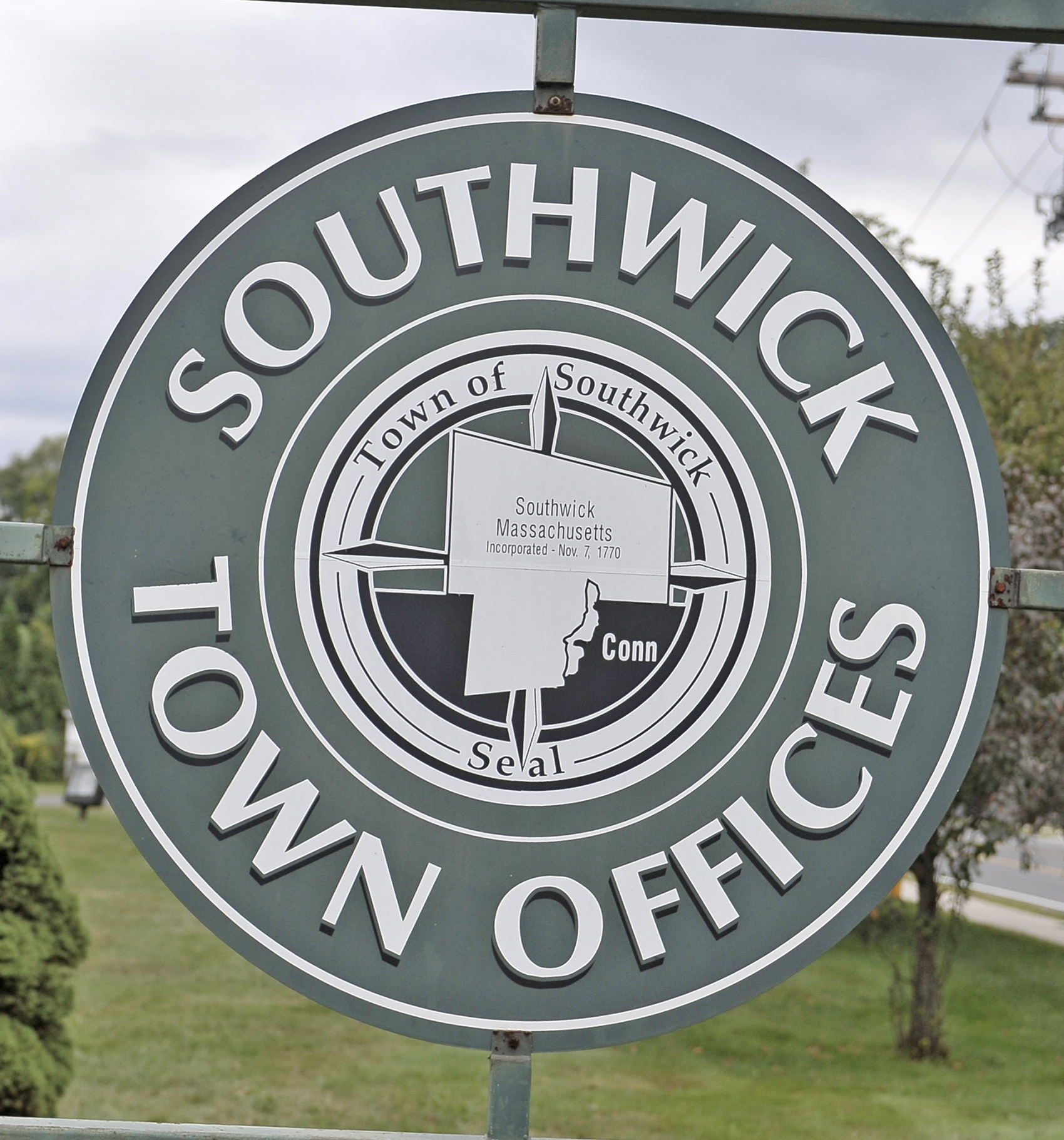WESTFIELD – An initial determination by the Attorney General’s Office that Westfield violated Open Meeting Laws by not taking minutes of posted public hearings has been proven to be untrue, according to Acting Mayor Ralph J. Figy.
Figy said that the initial decision was detailed in a letter to First Assistant Solicitor Shanna Reed, dated Nov. 19, that the city had not yet received. When Reed learned of the decision through an article in The Republican, she called the Attorney General’s office and pointed out that minutes of public hearings are included in the minutes of the City Council meeting in which the public hearing was held.
Once the AG staffer was shown where the minutes were located, she was satisfied, according to Figy. He said a correction on the determination will be issued within the next three months.
“It was a mix-up,” Figy said, adding that he didn’t think it was handled well by the AG’s office, because they had not formally notified the city, and because it took them ten months to make a determination.
The determination was on an Open Meeting Law complaint filed by Kristen Mello on March 11, which alleged that microphone rubbing and other audio disturbances obscured what was said on video recordings of Council meetings; that previous minutes have not adequately captured the inaudible portions, and that meeting minutes have been absent from the town’s website.
In the determination letter dated Nov. 19, the AG’s office initially found that the audio disturbances did not constitute a violation, because the OML does not require public bodies to record or transcribe, or otherwise broadcast, public meetings.
The letter also states that although the AG office commends the efforts of the Council to make recordings available to members of the public who cannot attend the meetings, they encourage councilors to be mindful of the sensitivity of the microphones so as to reduce audio disturbances in the recordings.
Looking at the Jan. 17 meeting minutes, which were the only ones approved within 30 days of the filing of the complaint, they found that the Council’s Jan. 17 meeting minutes are detailed, summarizing over 11 single-spaced pages, the major discussions that took place during a meeting that lasted less than two hours. The minutes adequately capture the deliberations that occurred during the meeting, the determination said. Furthermore, in their review of a sample of past meeting minutes, they found them also to be sufficiently detailed.
According to the Nov. 19 letter, the violation of the OML occurred because the Council failed to approve the meeting minutes for approximately 15 public hearings that took place in 2018 and 2019.
Once they were shown that the minutes for the public hearings were included within the City Council meeting minutes on the same date, they were satisfied, Figy said.
There is one more pending OML complaint in the AG’s office that was filed by David Flaherty on June 19 against the City Council and the Finance subcommittee, regarding the subcommittee meeting held on June 18; the first with department heads for the fiscal year 2020 budget review.
In the complaint, Flaherty said that public participation was not on the agenda, and during the meeting subcommittee members discussed the department operations and various budget concerns with department heads.
Flaherty alleges the violation occurred when City Council members, who were represented by more than a quorum (seven) in the meeting including the three subcommittee members, were allowed to engage in discussion with the department heads, subcommittee members, and among themselves.
“In many cases, questions were asked by non-committee members, and in some cases, opinions or adjectives (that implied an opinion) were use(d) in the lead-up to the question or the question itself,” Flaherty wrote in the complaint.
He also stated that accurate detailed minutes of the various discussions were not taken by subcommittee members.
Flaherty wrote that in his opinion, the proceedings violated the Open Meeting Law and went against the advice of the city’s Law Department.
Under the section in the OML complaint form which asks the complainant what action they want the public body to take in response, Flaherty stated that the purpose of the complaint was to provide clarity for all involved, and to create adequate procedures to avoid future problems.
Flaherty asked that a detailed procedure manual for subcommittees be created, to include a detailed Law Department or Attorney General OML opinion for a list of questions which he attached to the complaint. He also asked for a procedure for reviewing agendas and minutes to ensure compliance with the OML.
No determination has been made by the AG’s office on this complaint to date.


